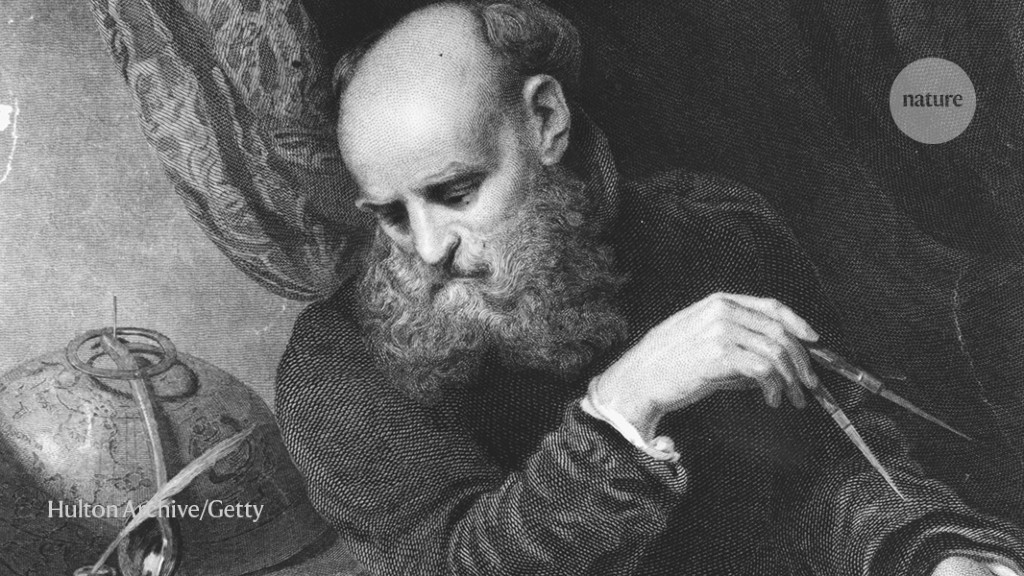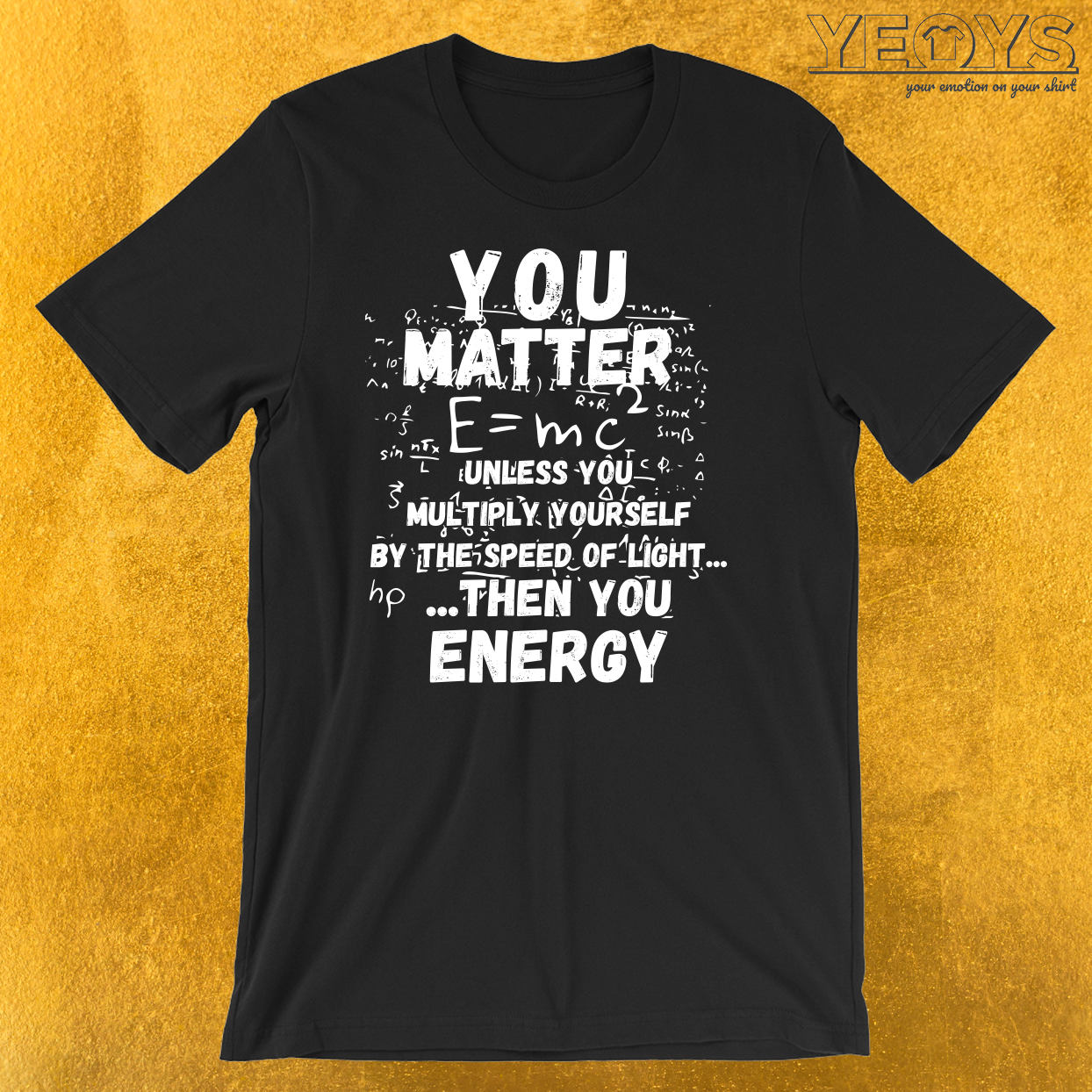
In the seventeenth century, Galileo confronted persecution for his heretical views on astronomy.Credit rating: Hulton Archive/Getty
Galileo and the science Deniers Mario Livio Simon & Schuster (2020)
Is there room in the crowded canon for a fresh biography of Galileo Galilei? Astrophysicist Mario Livio is making a wager so. His Galileo and the science Deniers objectives to stand out by placing the distinctive Renaissance man and his discoveries in novel scientific and social contexts. In particular, he argues, the charges of heresy that Galileo confronted for his scientific claims in the seventeenth century have their counterparts in science deniers’ condemnations this day.
Born in 1564 in Pisa, Italy, into an psychological household of declining fortune, Galileo pursued medication on the College of Pisa. But he rapidly abandoned his course to salvage out about arithmetic, his enduring ardour. The Universe, he famously wrote, “is written in the language of arithmetic”. It was as soon as an argot that allowed him to interrupt reliance on the Aristotelian cosmology prized by the Catholic Church, and to forge a fresh, quantitative salvage out about of nature.
In Pisa, Galileo delved into mechanics, the teach of his observations to quiz common tips about lunge (though Livio reminds us that Galileo potentially never conducted the infamous experiment in which he supposedly dropped spheres from the city’s leaning tower and found that they fell on the identical trek despite their mass).
In 1592, he moved to the College of Padua in Italy, an intellectually liberal ambiance happily previous the jurisdiction of the Pope. Right here, he began to chat regarding the revolutionary notion, proposed by Polish mathematician Nicolaus Copernicus in 1543, that rather then being the Universe’s mounted centre as Aristotle had insisted, Earth was as soon as if truth be told orbiting the Solar.
Livio constructions his myth partly spherical particular works, together with Galileo’s 1610 The Sidereal Messenger, which described his major mammoth observations. While working in Padua, Galileo most incessantly visited the internal attain port of Venice, the assign he was as soon as introduced to the ‘spyglass’, a fresh-fangled instrument from Holland that will perhaps perhaps well be aged to salvage out about ships diagram. Galileo grew to become it to the heavens to manufacture the discoveries that modified the course of astronomy, and launched his occupy fate.
In his first observations, Galileo saw that the Moon was as soon as no longer a soft sphere, but was as soon as mountainous. This contradicted the church’s gaze that the heavens had been pristine and unchangeable, unlike the unpleasant, mutable Earth. He also saw satellites orbiting Jupiter, shooting a hole in the geocentric argument that if Earth had been to lunge, it can perhaps perhaps well lose its Moon.
In 1610, in opposition to his pals’ suggestion and in pursuit of more cash, Galileo left the retaining ambiance of Padua and moved to Florence to work for Cosimo II de’ Medici, the Ample Duke of Tuscany. Regardless of now living all the diagram by strategy of the Pope’s sphere of impact, in 1632, Galileo published his guide Dialogue Regarding the Two Chief World Systems, an imaginary debate between Salviati, an suggest of heliocentrism, and a witless geocentrist named Simplicio.
Putting the Pope’s gaze — that God’s universe is inherently unknowable — into the mouth of a fool was as soon as unpleasant. Galileo’s reputation and fortune rose, but so did the strength and resolution of his enemies, and the Holy Inquisition lastly claimed him. In a riveting myth of the trial, Livio describes how the Inquisition pushed aside Galileo’s hiss that the Dialogue was as soon as a balanced argument that indirectly rejected Copernicanism. On 22 June 1633, a few of the world’s most honored scientists was as soon as on his knees before its members, renouncing the errors and heresies inherent to Copernicanism.
Livio parses the substantial, and most incessantly ambiguous, proof about Galileo’s existence and trial, and feedback on the conclusions reached by diverse historians. The official summary of the trial proceedings, he writes, “revealed a definite draw to latest Galileo in the worst that it is likely you’ll perhaps perhaps well also trust light”. Cherish others before him, Livio doubts claims that Galileo left the court docket defiantly muttering about Earth, “and yet it moves”.

Anthony Fauci and Donald Trump take part in the daily coronavirus job force briefing on the White Rental in Washington DC.Credit rating: Drew Angerer/Getty
The non-chronological zigzagging of the guide may possibly perhaps well also additionally be laborious to follow, but permits Livio to center of attention on themes, equivalent to Galileo’s polymathy. He highlights Galileo’s lifelong salvage out about of the massive Italian poets Dante Alighieri, Torquato Tasso and Ludovico Ariosto. And he notes that the astronomer’s drawing skills and data of point of view allowed him to adore that the shadings on the Moon had been shadows forged by mountains, and to depict them in excellent watercolours.
Livio is at his greatest when he discusses how Galileo’s scientific working out compares with that of researchers this day. Galileo suggested, shall we insist, that comets may possibly perhaps well be optical phenomena attributable to the reflection of sunlight by vapours launched from Earth. We now know they are ‘soiled snowballs’ made of ice, rock, mud and frozen gases. A majority of these parts vaporize after they gather shut to the Solar, giving comets two tails: one of mud that reflects sunlight, and one of gasoline that glows because it ionizes.
And what of this day’s science deniers? Livio hastily addresses how religion and trade pursuits tranquil conspire to assault proof for evolution and anthropogenic climate trade. In common, “processes that will no longer be fully understood don’t constitute flaws”, he aspects out, but critics from creationists to Donald Trump discredit scientific arguments by exploiting gaps in data. It’s a chillingly relevant theme, yet the parallels he attracts between Galileo’s trial and contemporary science wars if truth be told feel skinny, and there’s a frustrating lack of examples to hiss the continuity of denialism by strategy of the centuries.
Then again, Livio has added to the canon an accessible and scientific story, in which a profound like for Galileo shines by strategy of.





Leave a comment
Sign in to post your comment or sign-up if you don't have any account.